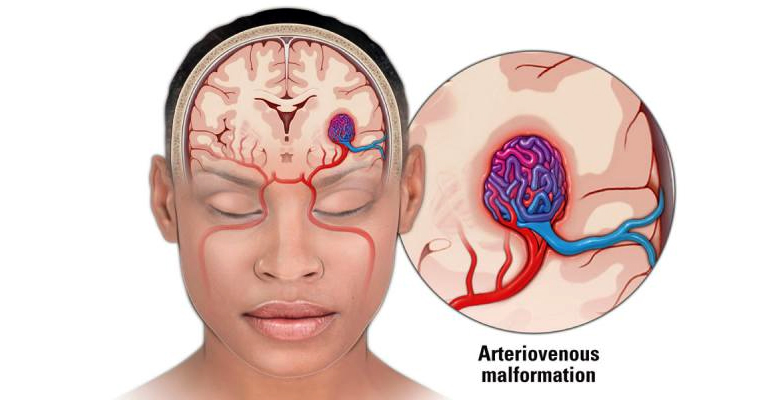

Pediatric neurosurgery is a specialized field of medicine that deals with the diagnosis, treatment, and management of neurological conditions affecting children. Neurosurgical procedures in pediatric patients may involve the brain, spinal cord, and peripheral nerves. Pediatric neurosurgeons work closely with a multidisciplinary team of healthcare professionals to provide comprehensive care for children with neurological disorders. Here are some key aspects of pediatric neurosurgery:
Conditions Treated:
Congenital Anomalies: Conditions present at birth, such as neural tube defects (e.g., spina bifida), craniosynostosis, and hydrocephalus.
Brain Tumors: Both benign and malignant tumors affecting the brain.
Epilepsy Surgery: Surgical options for managing intractable epilepsy in children.
Craniofacial Anomalies: Surgical correction of abnormalities affecting the skull and face.
Spinal Disorders: Conditions like tethered spinal cord, spinal tumors, and spinal dysraphism.
Traumatic Brain Injuries (TBIs): Surgical intervention for severe head injuries in children.
Vascular Anomalies: Abnormalities in blood vessels, including arteriovenous malformations (AVMs) and aneurysms.
Evaluation and Diagnosis:
Neuroimaging: Utilization of techniques such as magnetic resonance imaging (MRI), computed tomography (CT), and angiography to visualize the structure of the brain and spine.
Electrodiagnostic Studies: Testing to assess nerve and muscle function.
Genetic Testing: In cases of congenital anomalies with a suspected genetic component.
Surgical Interventions:
Craniotomy: Opening the skull to access the brain for tumor removal or other procedures.
Shunt Placement: Surgical implantation of a cerebrospinal fluid (CSF) shunt to manage hydrocephalus.
Endoscopic Procedures: Minimally invasive techniques for conditions like hydrocephalus and craniosynostosis.
Tumor Resection: Surgical removal of brain or spinal tumors.
Functional Neurosurgery: Procedures to address movement disorders, epilepsy, or other functional issues.
Spinal Fusion: Surgical stabilization of the spine in cases of deformities or instability.
Peripheral Nerve Surgery: Addressing abnormalities or injuries to peripheral nerves.
Collaboration with Other Specialists:
Pediatric Neurologists: For comprehensive evaluation and management of neurological conditions.
Pediatric Intensivists: In cases requiring intensive care after surgery.
Neonatologists: For conditions affecting newborns.
Geneticists: Collaboration in cases with genetic components.
Long-Term Follow-Up:
Rehabilitation Services: Physical therapy, occupational therapy, and other rehabilitation services to support recovery.
Neurodevelopmental Follow-Up: Monitoring and supporting the child's developmental progress.
Pediatric neurosurgery requires a specialized skill set, as the growing and developing nervous system in children presents unique challenges. The collaboration between pediatric neurosurgeons and other healthcare professionals ensures a holistic and multidisciplinary approach to the care of children with neurological disorders.